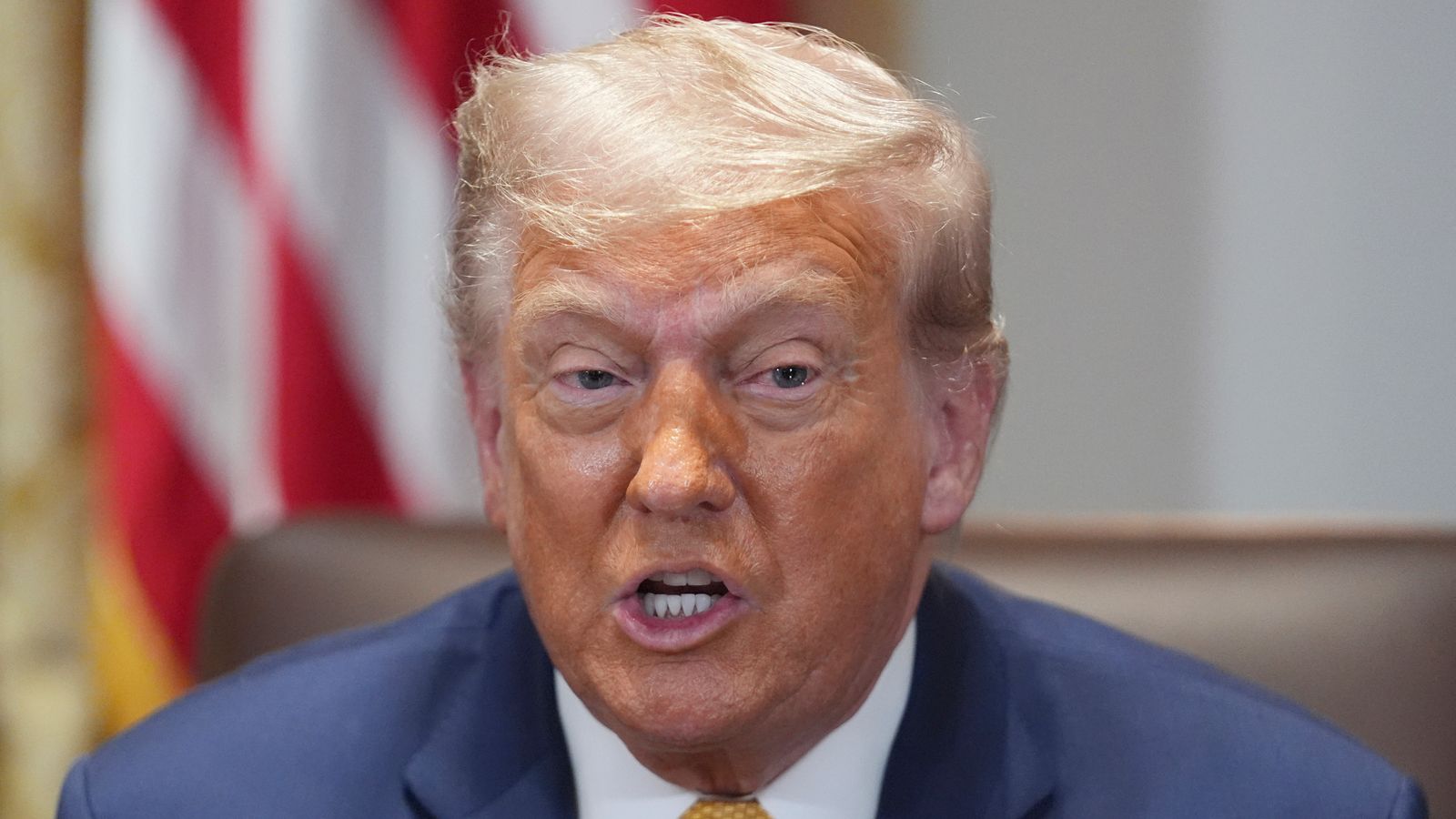People have really just scratched the surface when it comes to non-fungible tokens (NFTs), Mike Winkelmann, a digital artist who goes by Beeple and recently sold a piece for $69 million, told CNBC on Friday.
“I really think this is a technology that has just so many use cases,” Winkelmann said in a “Squawk Alley” interview. “I look at NFTs as being such a blank slate, even beyond digital art.”
People could start minting NFTs for things as common as buying a car, replacing the deed to a house or even a college diploma, Winkelmann said. Ownership of these assets is recorded on a blockchain — a digital ledger similar to the networks that underpin bitcoin and other cryptocurrencies. Each NFT is unique and can’t be duplicated, making them rare by design.
“There’s so many different things,” he added. “Anytime you want to prove ownership, I think there’s a use case there.”
The bulk of the focus around NFTs so far has centered on things like digital art, sports plays, memes and music. Several high-profile pieces have been sold recently or are in the works to be auctioned off. Twitter CEO Jack Dorsey is on track to sell an NFT of his very first tweet for $2.5 million and will donate the proceeds to charity). Musician and artist Grimes has sold more than $6 million in videos and music. Winkelmann’s latest NFT, titled “Everydays: The First 5,000 days,” sold at Christie’s for $69,346,250 on Thursday. The price propelled it to become the most expensive NFT ever sold at auction.
The record-breaking deal comes amid a surge in popularity of the digital collectible over the past few weeks.
Some believe that the craze around NFTs will die down, making the assets less desirable and causing valuations to plummet. That could be the case for some works, Winkelmann said. But he’s confident in the technology overall, believing it isn’t going anywhere.
“I think the technology and just this concept of proving digital ownership of something it feels so inevitable, I think there’s just a lot of hype right now. I think it’s one of those things where we’re going to get past that,” Winkelmann said. “In the beginning of the internet, there was a lot of hype too, and there was a bubble and the bubble burst. But it didn’t kill the internet. People kept using the internet. There might be a hype and it might wipe out a lot of projects that didn’t have real, actual value. But I think the technology itself is sound enough that it’s going to outlive that and it’s something that’s going to be around for a while here.”











